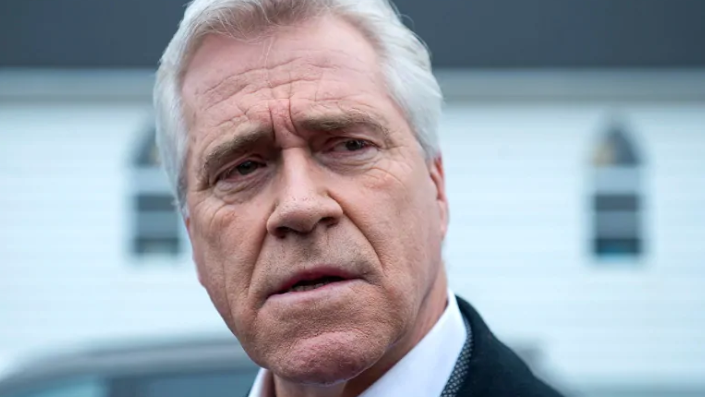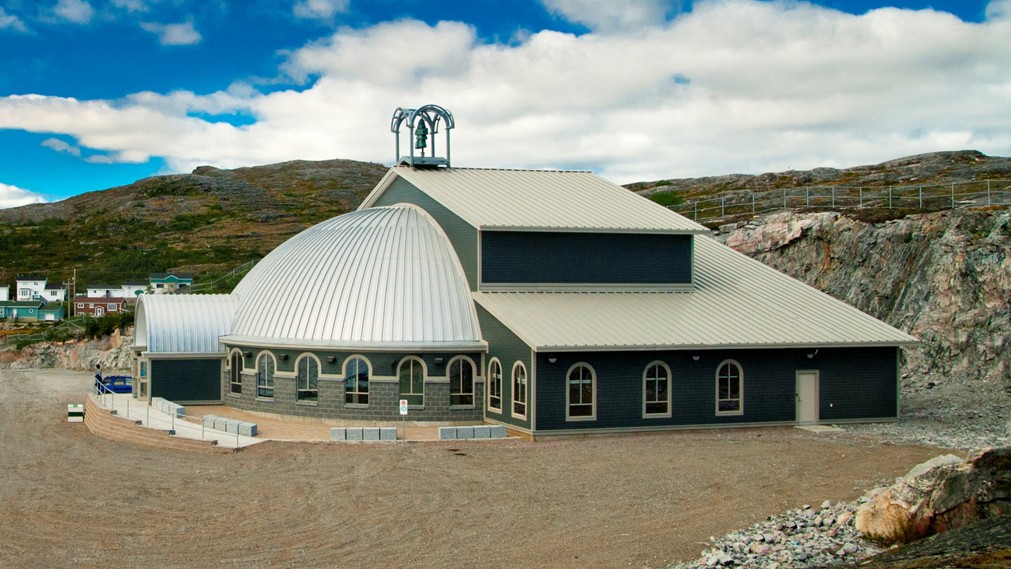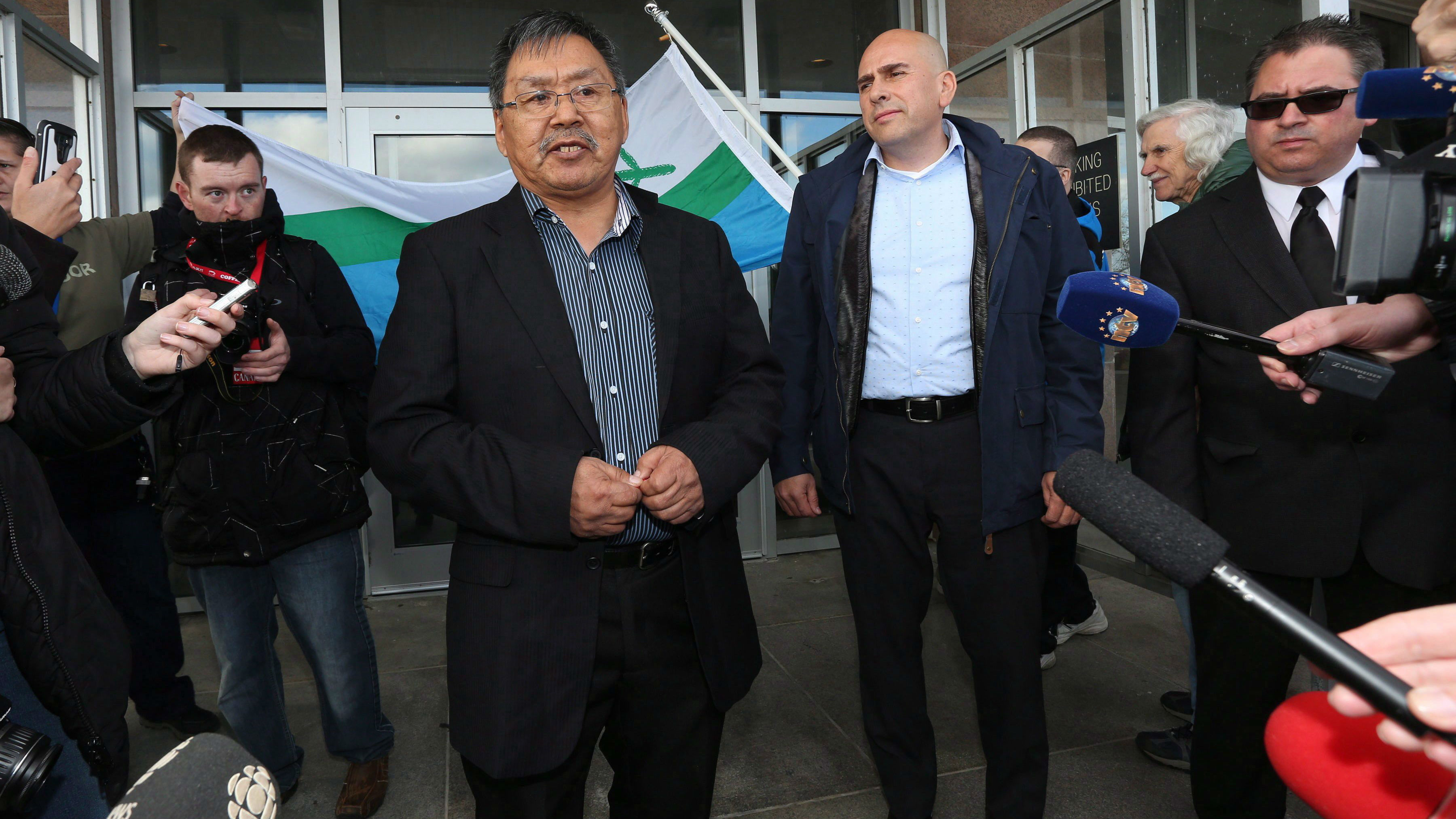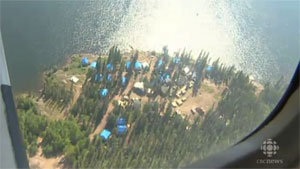COVID-19 delays delivery of apology to Inuit residential school survivors in Atlantic Canada

The long-planned provincial apology to Inuit residential school survivors in Atlantic Canada has been called off due to continued delays from COVID-19, said a joint press release from Inuit and provincial governments in the region.
Dwight Ball, premier of the Atlantic Canadian province of Newfoundland and Labrador, was supposed to travel to Nunatsiavut, the Inuit region of the province, in March to deliver the apology, but the trip was called off due to COVID-19 travel and public health restrictions, the news release said.
Further plans were put together to deliver the apology this month, but the event got called off again because of ongoing public health concerns.
“Despite all options being explored, it wasn’t possible under the present public health measures to accommodate the anticipated number of people interested in attending the public events, while ensuring the health of survivors, family members, and residents of Nunatsiavut,” the joint news release said.

Ball said he has remorse for not being able to deliver the apology in person before he steps down as premier in August.
“I regret that I am not able to deliver a sincere and personal apology from me, as Premier, on behalf of Newfoundland and Labrador,” Ball said.
“I commend the former students of residential schools, as well as their families, for demonstrating courage and strength in coming forward to talk about their experiences. An apology cannot undo the harm and the suffering that residential school students and their families endured, but it is an important step in the healing process for Inuit who were separated at a young age from their families, communities, culture and traditions.”
“We are hopeful the next Premier will follow through”
In 2010, a class action law suit was launched by former students of Labrador’s residential schools for abuses that occurred while hey were there. a $50-million dollar settlement was reached in 2016.
Canada’s Prime Minister Justin Trudeau travelled to Labrador to apologize to Inuit residential school survivors in 2017.

Johannes Lamp, president of the Nunatsiavut government, said he hoped the next provincial premier would be able to follow through on the provincial commitment to an apology.
“On behalf of the Nunatsiavut Government and Beneficiaries of the Labrador Inuit Land Claims Agreement, I want to extend my sincere thanks to Premier Ball for making every effort to deliver long-awaited apologies to residential schools survivors and their descendants, and for understanding the need to ensure all Labrador Inuit have the opportunity to participate in community events without restrictions,” Lampe said.
“As Premier Ball prepares to step down as Premier in the coming weeks, we are hopeful the next Premier will follow through on this important commitment so that those impacted by residential schools can somewhat find closure.”
Nunatsiavut’s population of 2,560 is spread out between five communities along the Atlantic coast: Nain, Hopedale, Makkovik, Postville and Rigolet.
Write to Eilís Quinn at eilis.quinn(at)cbc.ca
Related stories from around the North:
Canada: Reconciliation means doing business differently in Canada, northerners say, Eye on the Arctic
Finland: Finnish gov agrees to formation of Sámi Truth and Reconciliation Commission, Yle News
Norway: The Arctic railway – Building a future or destroying a culture?, Eye on the Arctic
Sweden: Sami in Sweden start work on structure of Truth and Reconciliation Commission, Eye on the Arctic
United States: Alaska reckons with missing data on murdered Indigenous women, Alaska Public Media



